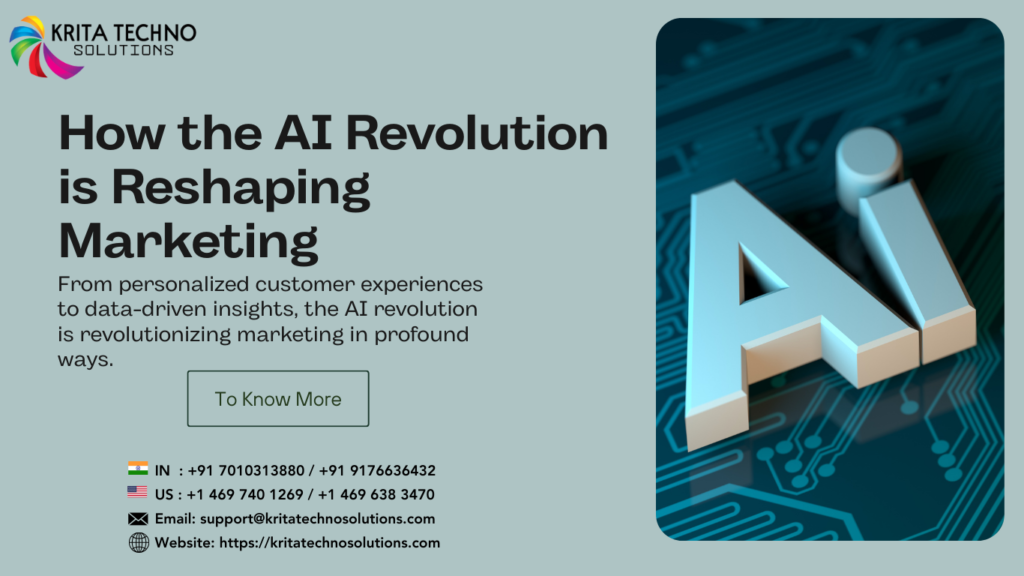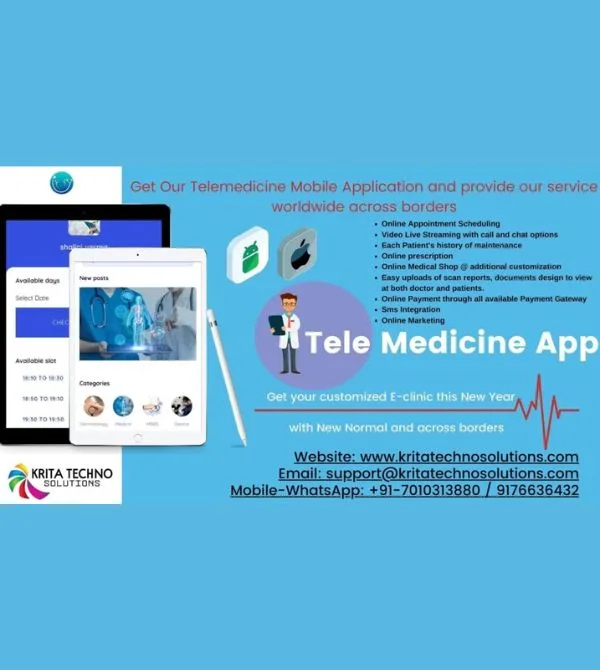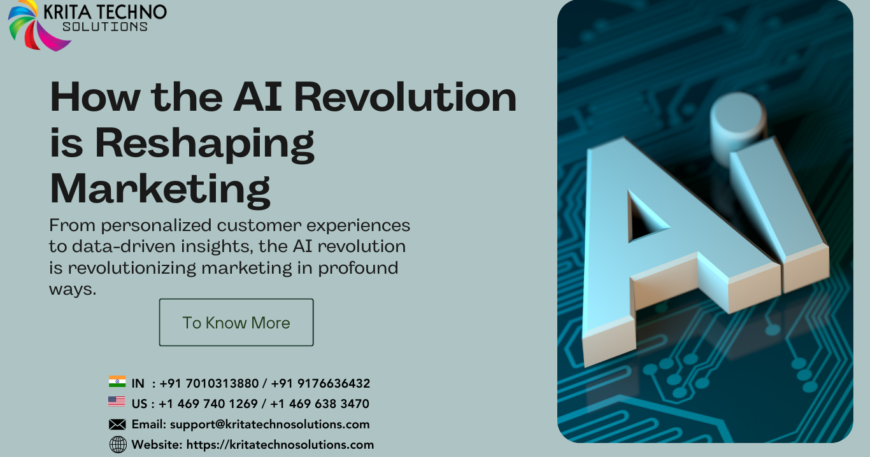
In today’s fast-paced digital landscape, the integration of artificial intelligence (AI) has emerged as a transformative force, reshaping the way businesses approach marketing strategies. From personalized customer experiences to data-driven insights, the AI revolution is revolutionizing marketing in profound ways.
With 9+ years of experience in the industry and a wealth of knowledge about the latest Web technologies, media trends and best practices, we are well-equipped to help you achieve your marketing goals.
1. Personalization at Scale: One of the most significant impacts of AI in marketing is the ability to deliver personalized experiences at scale. Through sophisticated algorithms and machine learning techniques, AI analyzes vast amounts of customer data to understand individual preferences, behaviors, and interests. This enables marketers to tailor content, offers, and recommendations to resonate with each customer on a personal level, fostering stronger connections and driving higher engagement.
2. Predictive Analytics: AI-powered predictive analytics empower marketers to anticipate future trends, behaviors, and outcomes with unprecedented accuracy. By analyzing historical data patterns and identifying correlations, AI algorithms can forecast customer behaviors, identify potential opportunities, and mitigate risks. This proactive approach enables marketers to make data-driven decisions and optimize marketing strategies for maximum effectiveness.
3. Enhanced Customer Insights: AI-driven analytics provide deeper insights into customer behavior and preferences than ever before. By leveraging techniques such as natural language processing (NLP) and sentiment analysis, AI extracts valuable insights from unstructured data sources, including social media conversations, customer reviews, and online interactions. These insights enable marketers to better understand customer sentiment, identify emerging trends, and refine their messaging to resonate with target audiences.
4. Automation and Efficiency: AI-powered automation streamlines repetitive marketing tasks, freeing up valuable time and resources for strategic initiatives. From email marketing and social media management to content creation and campaign optimization, AI-powered tools and platforms automate routine tasks, allowing marketers to focus on high-value activities such as strategy development, creative ideation, and customer engagement. This not only increases operational efficiency but also enables marketers to deliver more personalized and impactful campaigns.
5. Optimized Advertising: AI revolutionizes advertising by enabling more precise targeting, optimization, and measurement across channels. Through programmatic advertising platforms powered by AI algorithms, marketers can target audiences with unprecedented precision based on demographics, interests, and online behaviors. AI-driven ad optimization algorithms continuously analyze campaign performance data in real-time, adjusting targeting parameters, creative elements, and bidding strategies to maximize ROI and drive conversions.
6. Voice Search and Conversational Marketing: With the proliferation of voice-enabled devices and virtual assistants, AI is driving the rise of conversational marketing. Voice search optimization and chatbot technologies powered by AI enable brands to engage with customers in natural, conversational interactions, providing instant assistance, personalized recommendations, and seamless shopping experiences. By leveraging AI-driven conversational interfaces, marketers can enhance customer engagement, drive conversions, and build brand loyalty in the era of voice-first interactions.
7. Ethical Considerations and Privacy: As AI continues to reshape marketing practices, ethical considerations surrounding data privacy, transparency, and algorithmic bias become increasingly important. Marketers must prioritize ethical AI practices, ensuring that data collection, processing, and usage adhere to privacy regulations and respect customer preferences. Transparent communication about AI-driven marketing initiatives is essential to build trust and foster positive relationships with consumers.
The AI revolution is fundamentally transforming the marketing landscape, empowering marketers with unprecedented capabilities to deliver personalized experiences, optimize campaigns, and drive business growth. By embracing AI technologies responsibly and ethically, marketers can harness the power of AI to create meaningful connections, drive innovation, and stay ahead in an increasingly competitive marketplace.
For Contact:
📞 IN : +91 7010313880 / +91 9176636432
📞 US : +1 469 740 1269 / +1 214 705 2058
✉️ Email: support@kritatechnosolutions.com
🌐 Website: https://kritatechnosolutions.com/






